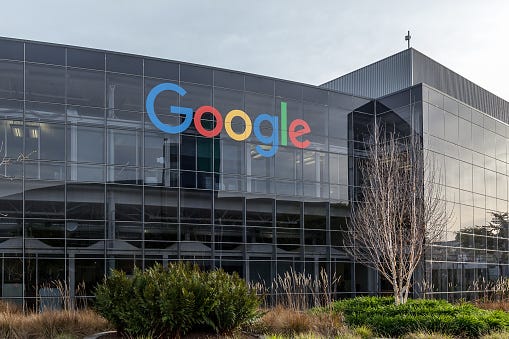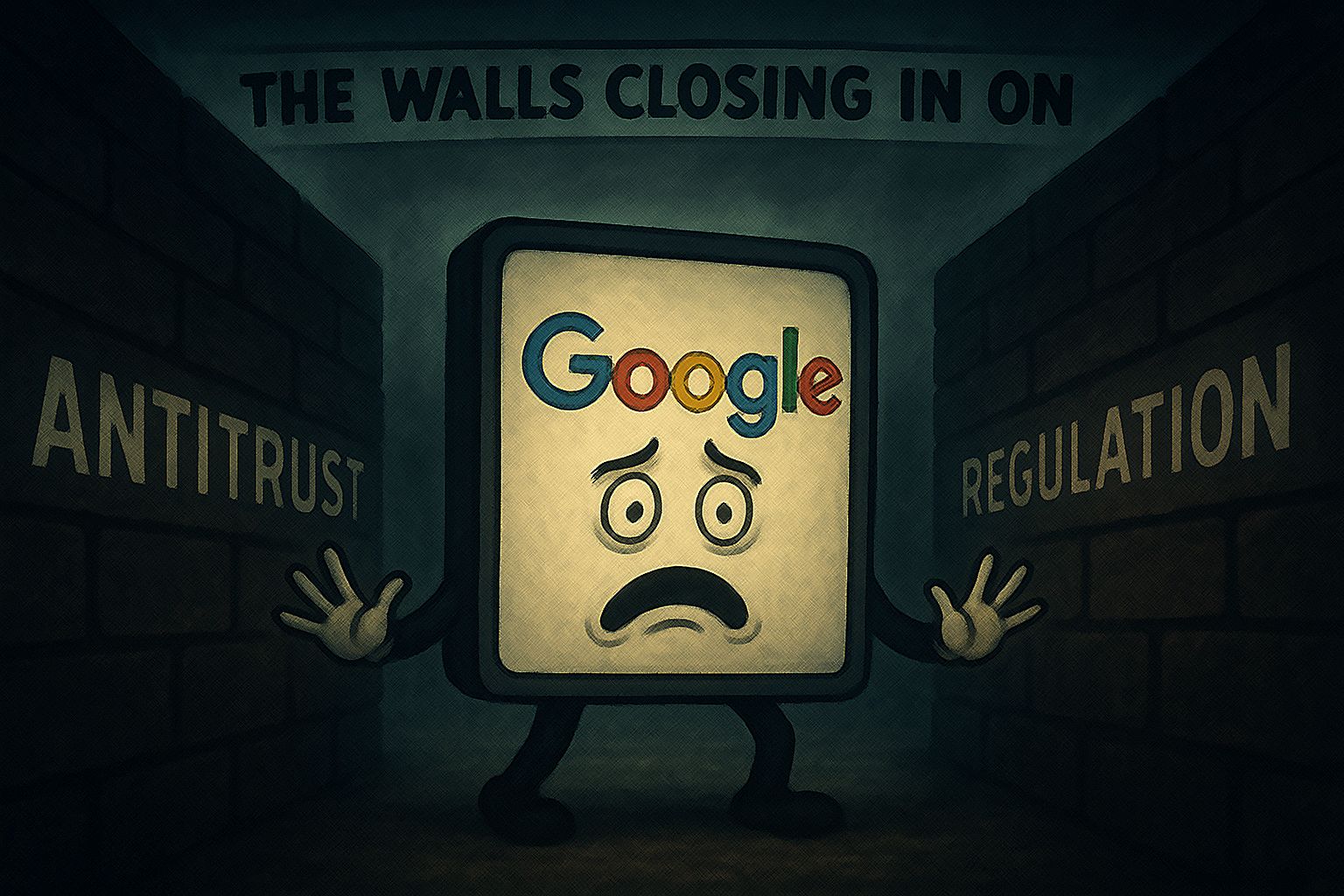ALEXANDRIA, Virginia, Sept 22- For years, Google has stood as the undisputed king of the digital advertising empire—controlling the platforms, tools, and markets that power the internet’s economic engine. But today, that dominance is under its most serious threat yet. Regulators across the world are sharpening their knives, and Google’s monopoly is being dissected in courtrooms from Washington to Brussels.
In the United States, the Department of Justice (DOJ), joined by several states, has accused Google of illegally monopolizing the digital advertising “stack.” This stack includes the ad server used by publishers to sell online space and the ad exchange where those transactions are executed. A federal judge has already sided with the DOJ, declaring that Google’s conduct locked out competitors and forced advertisers and publishers into a closed system that benefited Google alone. The case has now moved to the “remedies” phase, where the government is seeking the extraordinary remedy of breaking up Google’s ad business—forcing the company to divest its powerful AdX exchange and DoubleClick for Publishers (DFP) ad server. Google is pushing back, warning of “disruptive consequences” and instead proposing limited fixes such as increased transparency.
“What is unfolding is no longer just a legal case. It is a defining moment in the history of the internet—a clash between Big Tech and governments determined to reclaim the digital public square from corporate monopolies.”
Across the Atlantic, the European Union has sent its own shockwaves through Silicon Valley, slapping Google with a €2.95 billion (US$3.45 billion) fine—one of the largest in its history. European regulators allege that Google systematically rigged the game in its favor, steering advertising to its own platforms and starving rivals of fair access. This penalty comes on top of years of battles with the EU, where Google has already been fined billions for abuses in search and Android.

Meanwhile, a separate U.S. case over search dominance concluded that Google illegally maintained its monopoly through exclusive contracts and default agreements, ensuring that its search engine remained the world’s unavoidable gateway to the web. This finding adds to the mounting evidence that Google has used its size, wealth, and influence not just to compete, but to crush.
The consequences of these battles reach far beyond corporate boardrooms. For advertisers and publishers, breaking Google’s chokehold could mean lower costs, more competition, and renewed innovation in the digital economy. For users, it could reshape how the internet is funded, accessed, and experienced. And for Google itself, the risks are existential: the company could face structural breakups, ongoing fines, and a regulatory straightjacket that permanently alters its power.
What is unfolding is no longer just a legal case. It is a defining moment in the history of the internet—a clash between Big Tech and governments determined to reclaim the digital public square from corporate monopolies. Whether Google emerges battered but intact, or whether regulators succeed in dismantling its empire, the outcome will echo across industries and continents for decades to come
For more exclusive global business, politics, and technology stories, visit us daily at www.whitehorsedaily.com











Leave a comment